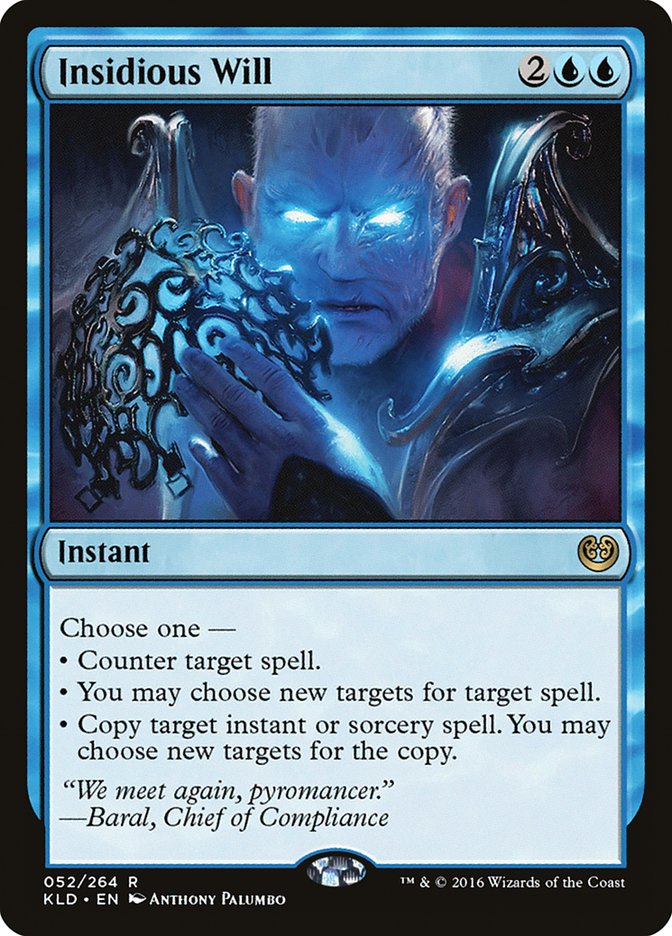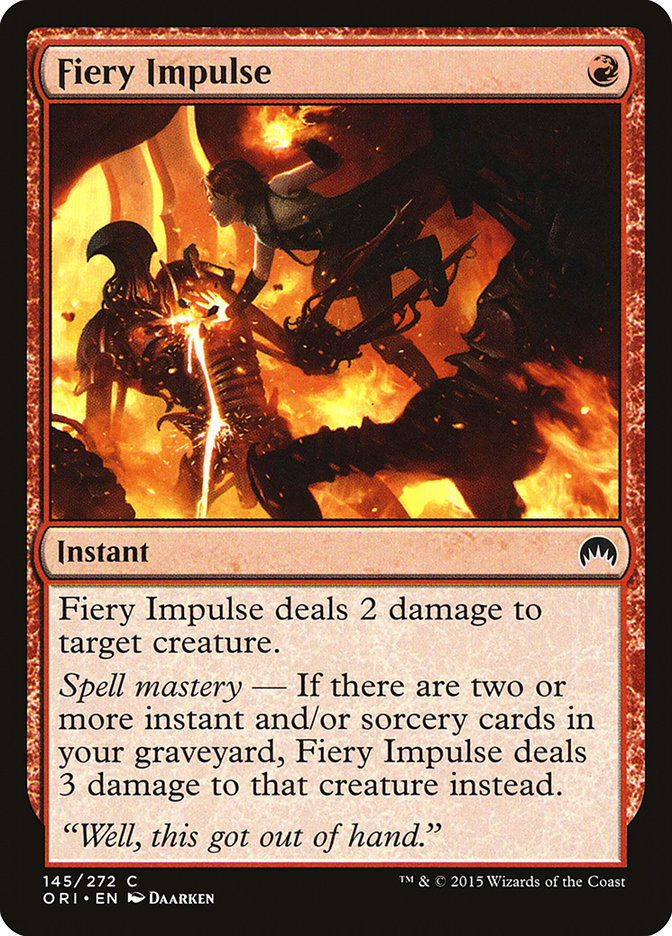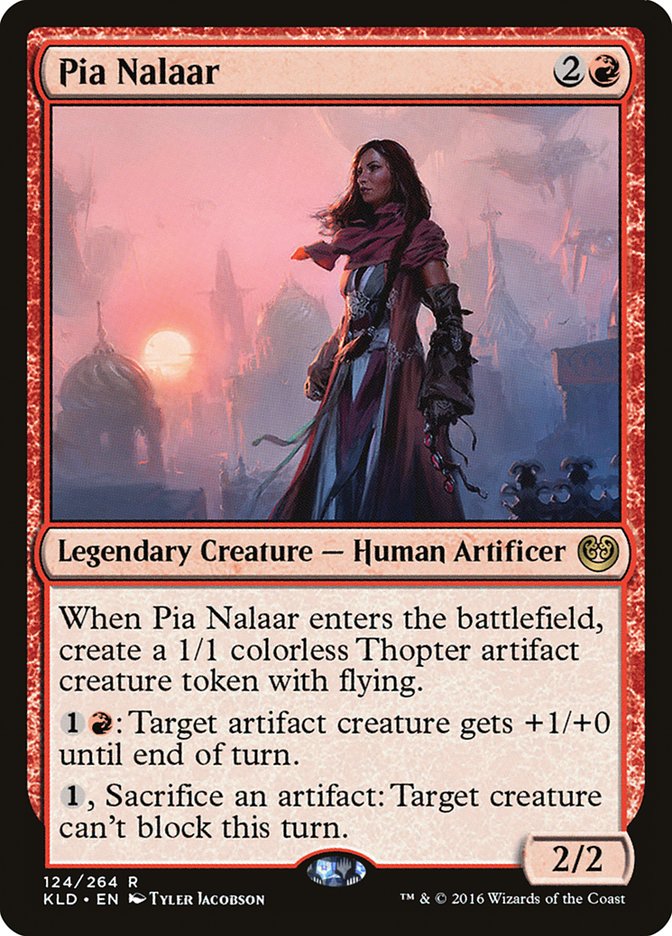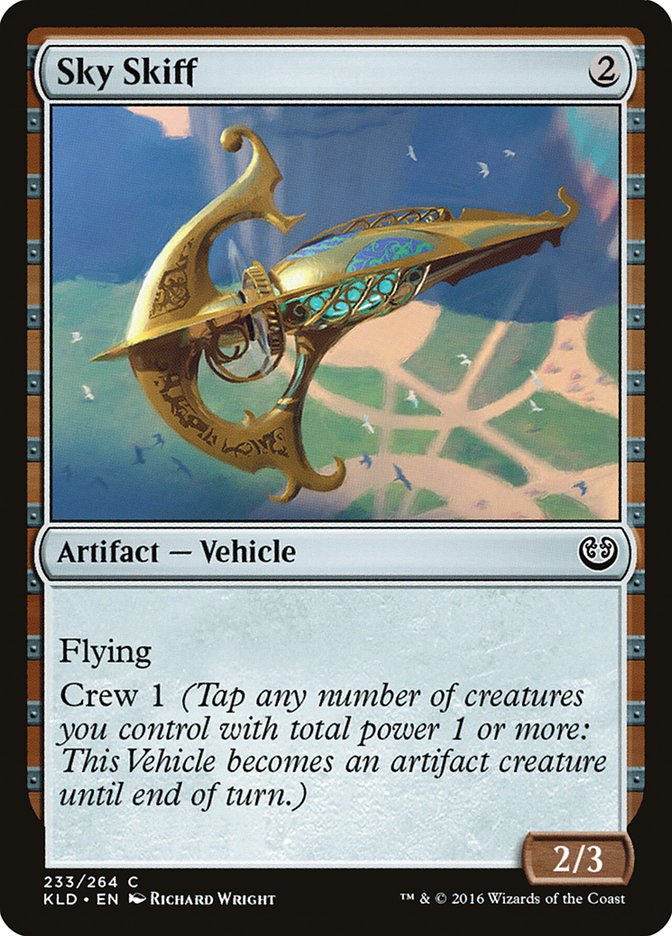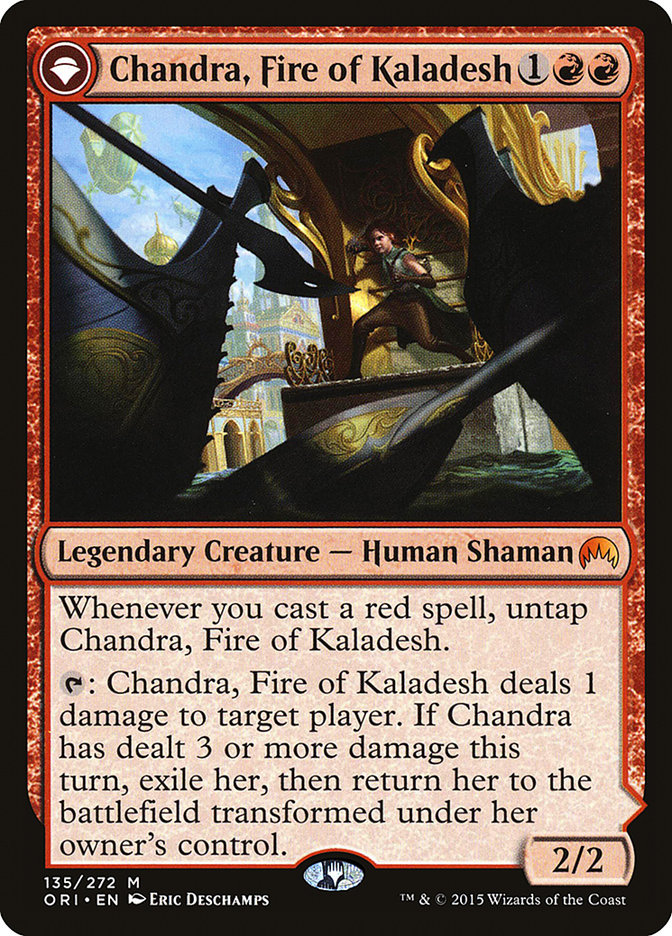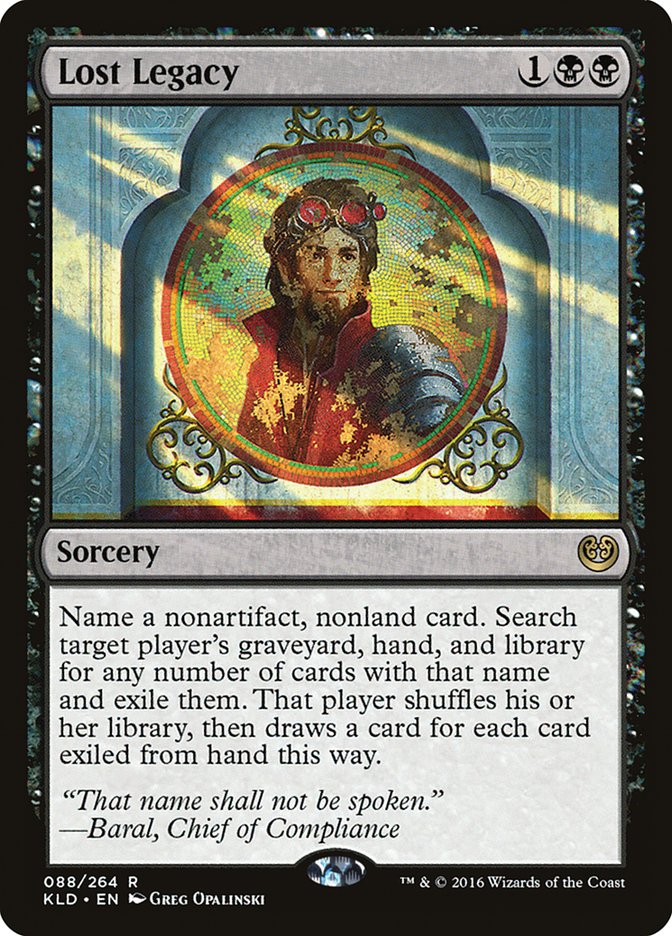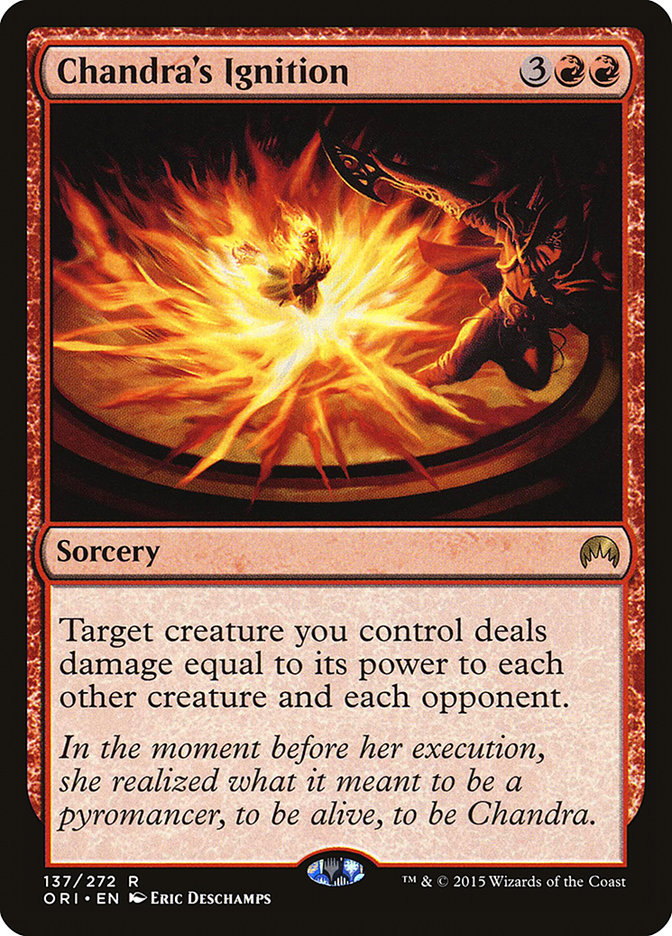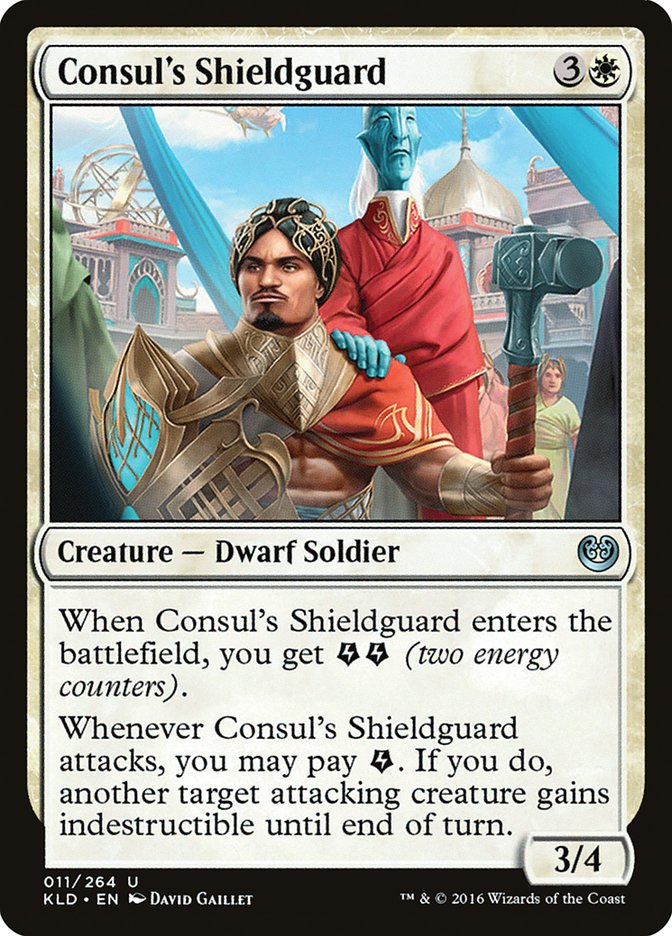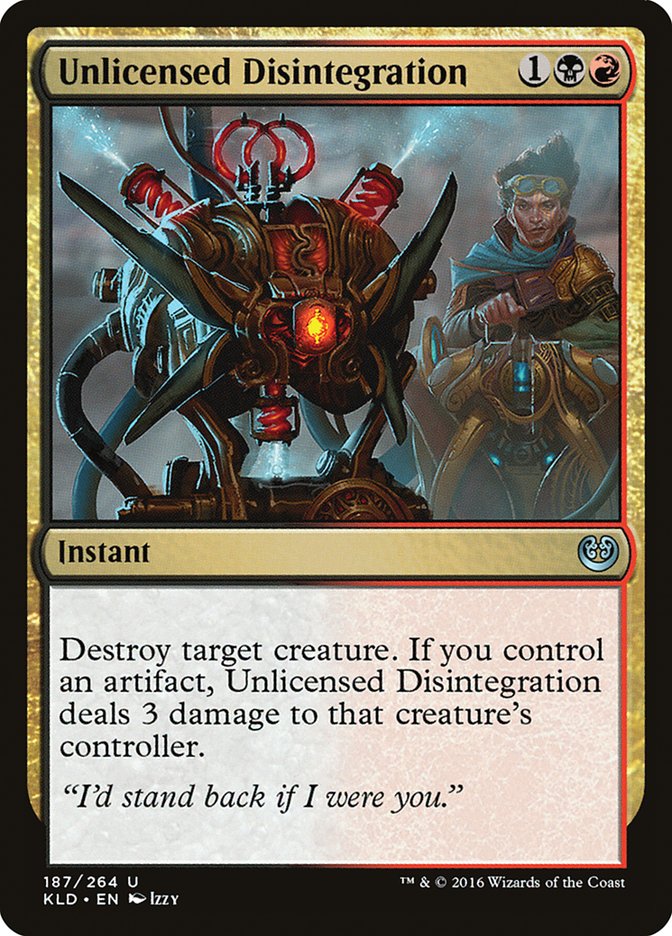Before the Crime
I took part in the burning of Bunarat, and I deserve to die.
With this confession I seek no mercy from my captors. Instead I seek justice and truth. I will not live long enough to know Captain Baral’s punishment for his many crimes, but though I return to the Great Conduit, I will not let his lies go unanswered.
I served as a footsoldier in the Consulate forces for a year and a season before the day in question. Due to family misfortunes — Elves should not die so young — sole responsibility for supporting my parents and then my wife’s parents eventually fell to me, and I left an ill-paid position clerking for an inventors’ collective for work that came with food, housing, and aether allowances.
The drill instructors punished me less often than others in my initial training, and once I had duties, I performed them with diligence. At the time of my dispatch to Bunarat, I expected a promotion that season or the next, which would have come with more pay. With six adults to feed, my wife and I could not afford a child, and our abstinence put great strain upon our marriage…
…I understand. Back to the events.
Captain Baral mobilized my detachment soon after the destruction of the Foundry of Ghirapur. My sergeant informed me and my fellow footsoldiers that a natural mage had appeared, a pyromancer full of fire and destruction. We would apprehend her and see justice done.
The Consulate operating as it usually does, my fellow footsoldiers and I spent five days with little more to do than spar and play chaturanga.
In time the Consulate located the pyromancer and her family. Before the briefing onboard the skyship, I knew the family consisted of a father, mother, and daughter. I believed that we sought the mother.
When Captain Baral himself revealed the truth during the skyship’s flight, my stomach lurched worse than when we hit an aether pocket. A child? My ideas for what might happen to her — adoption by more law-abiding relatives, perhaps, or going to a reformatory — disappeared like my salary on a market day.
Then Captain Baral took a lantern from the bodyguard to his right. He held the thing up, extinguished and oily, and told us how we would punish Bunarat for harboring the fugitive and her family. His words filled me with horror…
…no, another footsoldier spoke up first. Pranay. Very honest. Blunt at times, and seldom to his benefit.
So Captain Baral finished his speech and asked if anyone had questions, and Pranay opened his mouth. He could have asked something sensible like “Sir, when do we get our snapblades?” Instead he asked, “Sir, does burning the village break the rule against collective punishment?”
Our drill instructors had taught us to question and ultimately refuse any order contrary to our rules of engagement, on the grounds that we could receive punishment for carrying it out upon our return to Ghirapur. They did not point out the flaw in such teaching, of course. Certain punishment in the moment or possible punishment later: what a marvelous choice! Everyone could see the trap.
Everyone but Pranay, the poor fool.
Captain Baral, on hearing Pranay’s question, nodded to his bodyguards and then to Pranay. The bodyguards stepped forward and seized Pranay. Pranay got out one more “Sir?” before a bodyguard had a device on his face to shut him up.
“We will arrive at Bunarat soon,” said Captain Baral with a nod to his bodyguards. “Make sure that one lands first.”
No one spoke. The bodyguards’ boots and Pranay’s dragging feet rang against the metal ramp as the bodyguards took Pranay topside. Over the sound of the engines we heard Pranay shout for an instant. Then the shout changed to a scream that faded as he fell.
I did not hear him land.
The bodyguards came back down and flanked Captain Baral once more. The man put a fist to his mouth and cleared his throat. “Any other questions?”
I thought of my wife and our parents. I stayed silent. I do not regret…
…by all means, condemn my subsequent acts, but do not condemn my silence.
The Burning of Bunarat
When the skyship landed, my fellow footsoldiers and I received our snapblades. Half of us also got lanterns. I did not, and I whispered thanks as I left the skyship to take my place in the ring around the village. I might have lost my nerve in the moment and died out there like Pranay…
…no, I want you to remember him. Captain Baral made him a victim, just as much as the villagers who died. But I will return to the burning of Bunarat.
I took my place in the ring of footsoldiers, crossing my arms with those on either side of me, our snapblades at the ready. The pyromancer girl, however, took us by surprise. She emerged from the woods and shouted at us, daring us to follow.
Captain Baral did not give us the order to chase. First he told the villagers to return to their homes. Then he spoke with the girl, tried to reason with her, or so it seemed. The girl said she would harm nobody anymore, that a strange steam-spewing device strapped to her back made her safe.
Then Captain Baral asked the girl how many people she had killed. “No one,” she said. I lost the rest in the realization of what would happen next.
Captain Baral taunted the girl and gave his order to the lantern-carrying footsoldiers: “Do it.” The footsoldiers touched their lanterns to the thatch on nearby roofs. The outermost houses of Bunarat went up in flames.
I saw the father come around a corner, shout to his daughter, and throw a light-blinding device at the soldiers closest to the girl. On Captain Baral’s order I moved with the fire as it leapt from home to shop to hall, making sure the girl could not escape. I saw the girl on the ground with Captain Baral standing over her, and then the father shoving his way between them.
I saw Captain Baral’s summary execution of the father. Add that to his list of crimes. He…
…no, I did not help the villagers.
…yes, I heard them screaming. Yes, I saw them burning. Yes, I admit my guilt. Yes, I deserve to die.
But you want more. You want to hear me say I should have perished like Pranay, pointlessly, hopelessly, leaving his mother and father destitute and then dead. You want to hear me say that I had a choice, a real choice, and that I made the wrong one.
And to that I will say “no” until I die.
After the Crime
We captured the pyromancer girl and escorted her back to the skyship. She sat in Pranay’s seat on the return to Ghirapur, clutching a shawl, perhaps her mother’s. We never did find the woman.
My detachment received leave for the next day, and some of my fellow footsoldiers chose to attend the execution of the pyromancer girl. Supposedly time spent away from the city and out in the woods does wonders for one’s health, but it gave me a head cold instead, and so I stayed home, sipping soup and planning the next season’s budget with my wife. I did not hear of the pyromancer’s strange disappearance or Captain Baral’s severe burns until my neighbors returned. All the footsoldiers from the Bunarat incident lived in the same building, and I expected an investigator to come by the next day to ask us about it.
I did not expect an attack on our homes in the night. I do not know what caused the explosion…
…sabotage in the aether lines? That makes sense. Easy enough for someone with the right knowledge.
That evening my wife and I said our I-love-yous and sleep-wells. We had not argued much that day, not even about money. I remain grateful for that, even as I grieve for her.
The explosion threw me from my bed. By chance the floors above our sleeping-room split; they did not crush me as they did our parents.
I like to believe my mother and father, and those who gave my wife her life, did not suffer.
I do not know how long I lay stunned amid a tangle of metal and stone. When my senses returned, I searched for my wife, but I found her without breath or pulse. I wiped the blood from a place on her forehead and gave her a final kiss.
Then I listened for cries, and searched for survivors.
I saw beams of light first, from lanterns. Where the beams bounced off lantern-holders, I saw glimpses of uniforms in the bright colors of the Shieldguards, the protectors of the Consulate.
I heard a woman’s moan and traced it to a survivor near the Shieldguards. They must have heard it too, for they went that way. By lantern-light I saw one, a Dwarf, approach the survivor.
I saw the hammer swing. I heard the killing.
I ran.
And if I had not chanced upon that renegade running toward the blast before encountering a Consulate authority, I know I would have died next.
Do not think for an instant that I hold ingratitude in my heart. You gave me protection and shelter, food and soothing words before grim news. Had the woman from Bunarat not come to the safehouse, not seen me, not denounced me, I might have joined your cause.
And when she denounced me, I never denied my guilt…
…will you stop? You have plenty of martyrs already! Martyrs who accomplished little but making life miserable for their own families, I might add!
…yes, I know what happened to my family.
…yes, I know what awaits me once you leave my cell.
…no, and I do not regret it. I gave myself and my family the best chance for survival. I will never accept that as a crime.
…you want the confession again? Gladly.
I took part in the burning of Bunarat, and I deserve to die. May my words condemn Captain Baral. May he suffer and die for his crimes.
Now go, and send for the executioner. I have nothing more to say.


